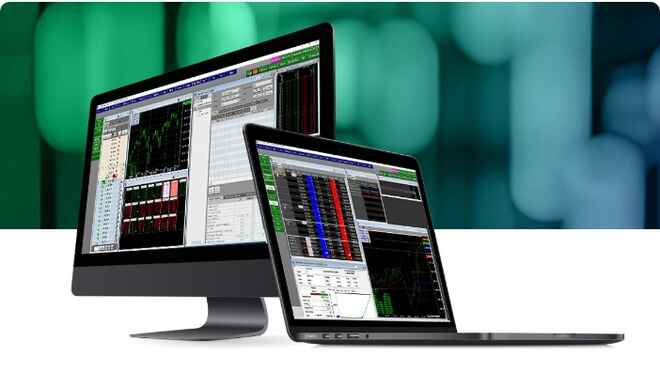If you’re a new commodities trader, deciding whether to trade futures or options (or both) is of the most important early decisions to make. While both strategies can generate exciting trading opportunities, futures and options also differ in some fundamental ways. By understanding their respective attributes, you can evaluate which trading approach best suits your objectives and develop informed trading strategies that help you realize your goals.
The Core Differences Between Futures and Options
The most fundamental difference between futures and options can be summed up in one word: Obligation. Unlike stock purchases that occur in real time, a futures contract obliges its buyer to purchase (and the seller to sell) a specific asset at a specified future date. These assets are typically things such as commodities, currencies, stock indexes etc.
Meanwhile, options come with no such obligation — the buyer simply retains the option to buy (call options) or sell (put options) an asset at a specific price during the life of a contract. The difference between what is obliged and what’s optional is related to another key distinction between the two trading methods: Risk. When buying options, risk is limited to the initial investment (plus any costs associated with making the transactions).
When buying a futures contract, however, an obligation to move forward with the transaction regardless of market activity is undertaken. If a commodity plunges 60-percent in value between the purchase and settlement of the contract, the buyer will assume those losses. Of course, should the reverse happen, the futures contract buyer will make a substantial profit, as the seller will forego the opportunity to realize that 60-percent return. Futures contracts require that underlying assets be traded on the specified contract date. Options can be exercised at any point.
Realized gains, too, differ slightly. On futures contracts, the changes in the value of the respective positions is reflected in the account at the end of every trading day. For options, however, gains may be realized by collecting the difference between the strike price and asset price after expiration; taking the opposite position at market or exercising the option when it is significantly in the money. There are also some contractual differences to note. An options contract features a specified asset, its quantity, a strike price (the price at which the contract holder can buy or sell) and an expiration date.
A futures contract will list an asset, delivery date, contract size, settlement method and settlement date. While futures trading is almost exclusive done electronically via exchanges, options are frequently bought and sold over the counter. Because the size of the underlying asset is typically much larger than that seen with options, it may increase the risk of the trade. Futures may typically be purchased with no upfront expense, other than trading fees. Options, however, generally require a payment (the option premium) equal to the maximum amount that may be lost.
Other Things to Consider
Options become less valuable as they move closer to the expiration date. A trader may correctly predict the direction the market moves yet still be stuck with worthless options because the movement wasn’t strong enough in a short enough period of time. This concept (called “time decay”) can work in a trader’s favor if he sells rather than buys options. Because most options end up expiring worthless, selling has better odds. Yet there’s one important caveat: When you sell options, your downside is theoretically unlimited.
For newer traders, focusing on futures before options is a sensible idea, as the learning curve is less steep. In many respects, the process mirrors buying and selling equities. Trading options requires the consideration of other factors, including timing and volatility. Futures are also typically more liquid than options and move faster, something that may make them more attractive for some day traders. Along with being used as a hedging device, there is something futures and options do have in common: The need for a margin account. For most retail traders, this means opening an individual brokerage account that is separate from retirement accounts.
The Takeaway
Options and futures have significant differences, and understanding how they diverge is an important task for new traders. If deployed properly, both represent very powerful tools in a trader’s arsenal, so it’s a critical task to fully grasp their respective benefits and considerations.



